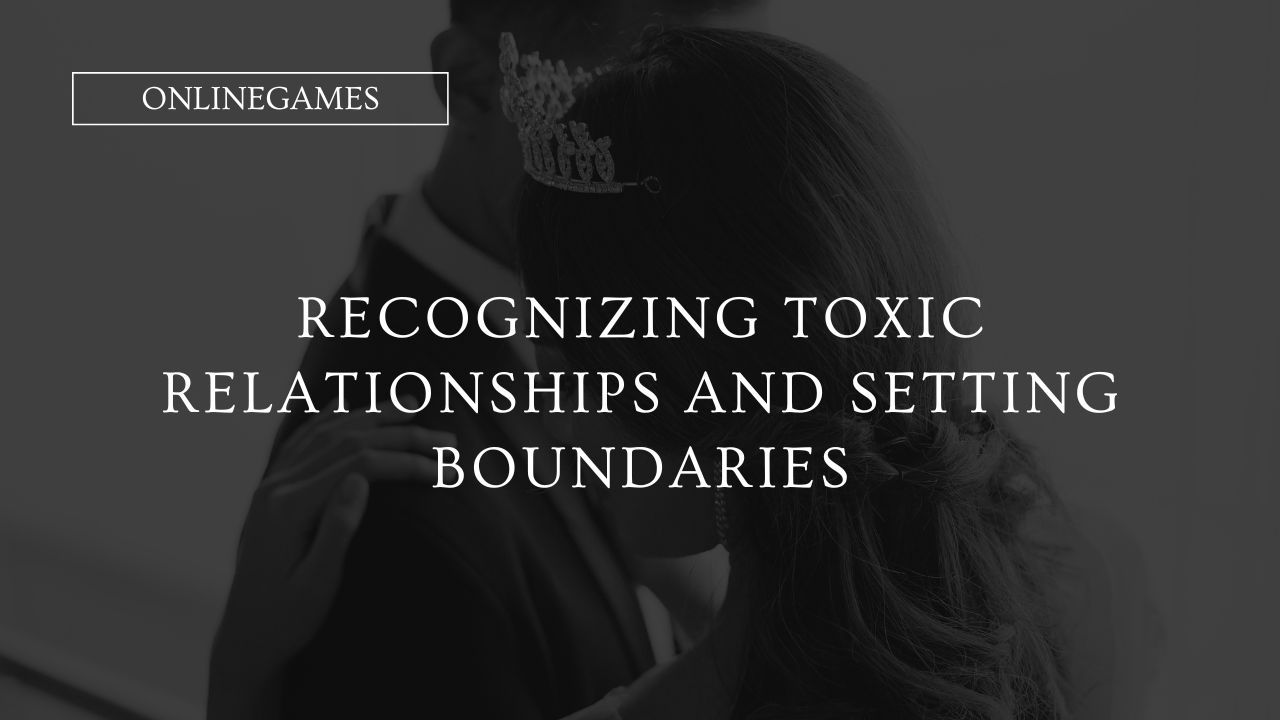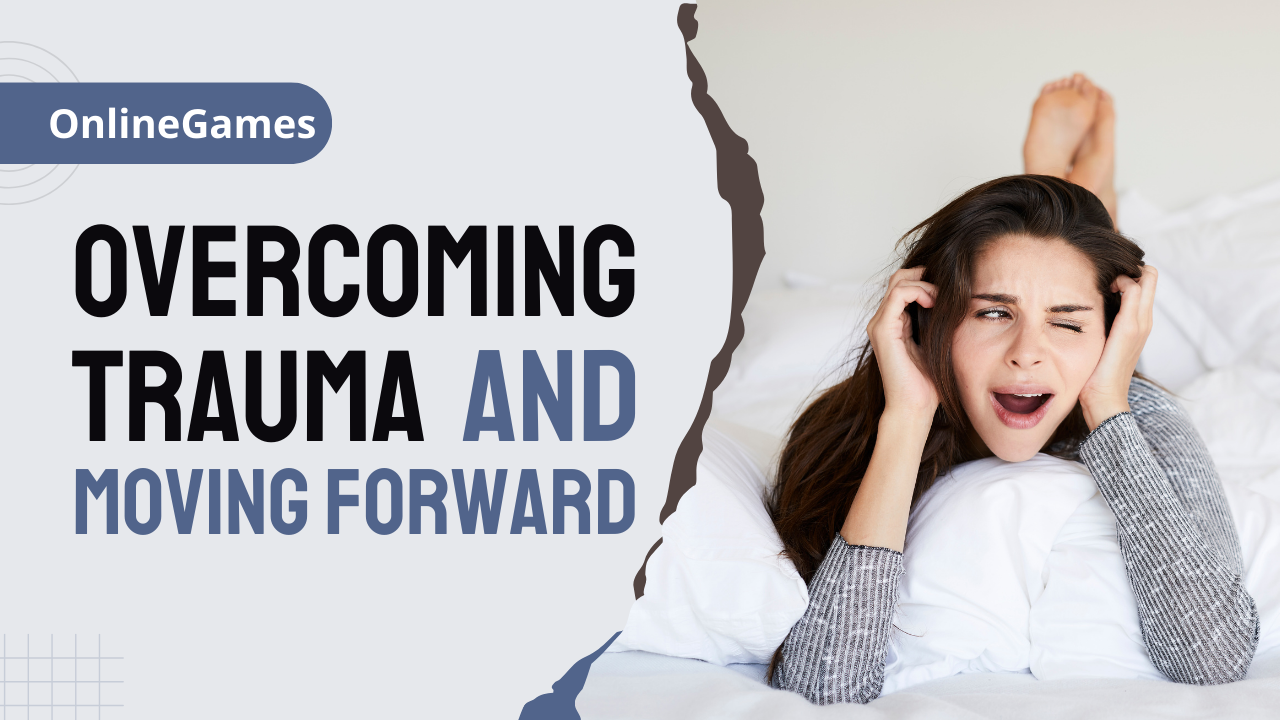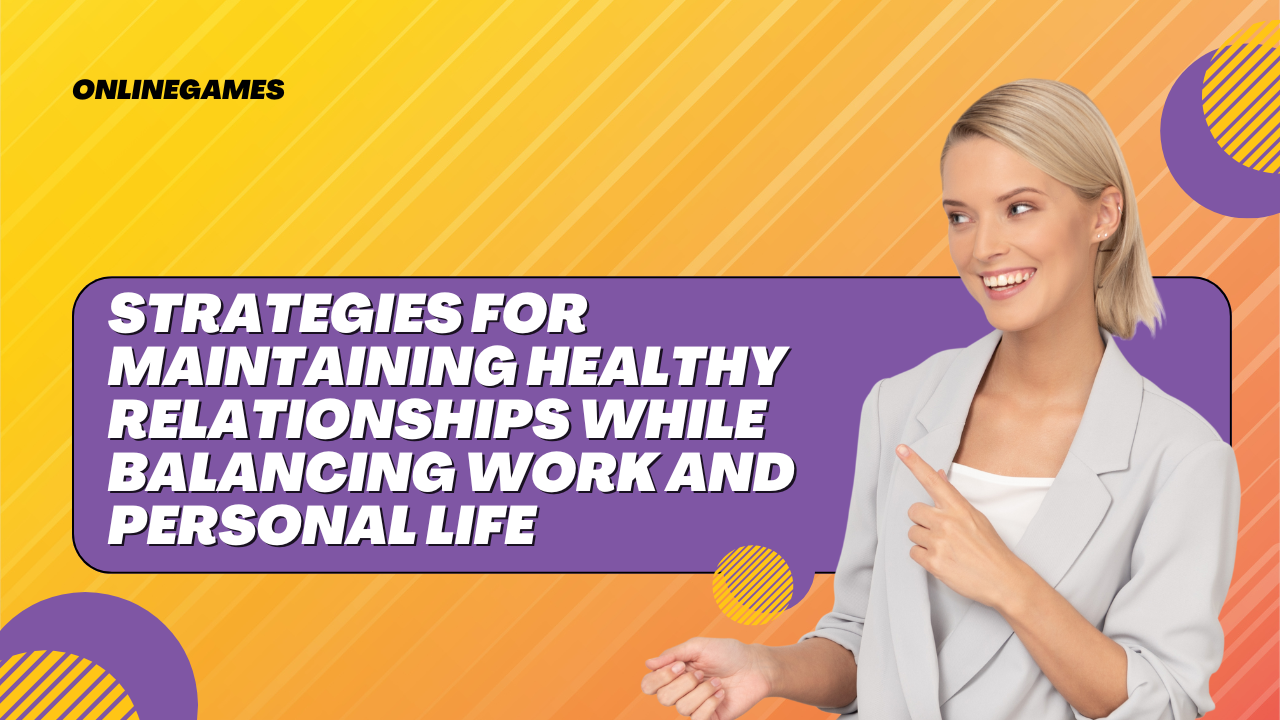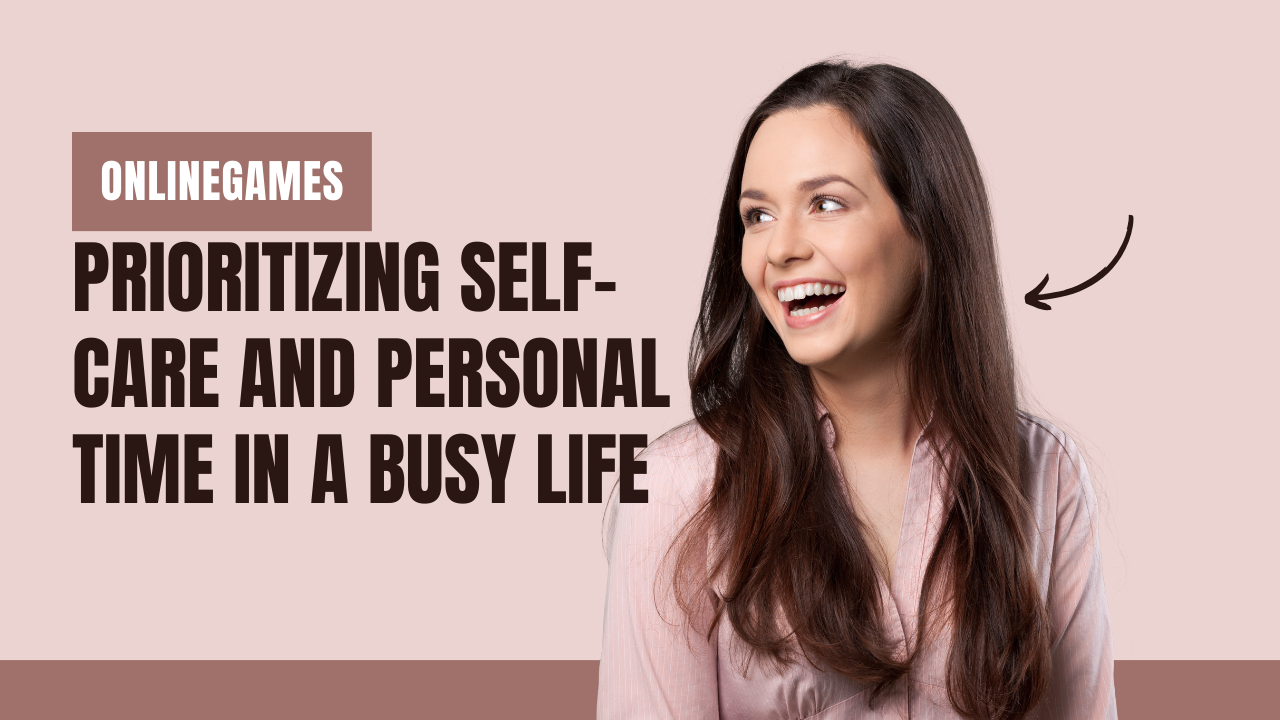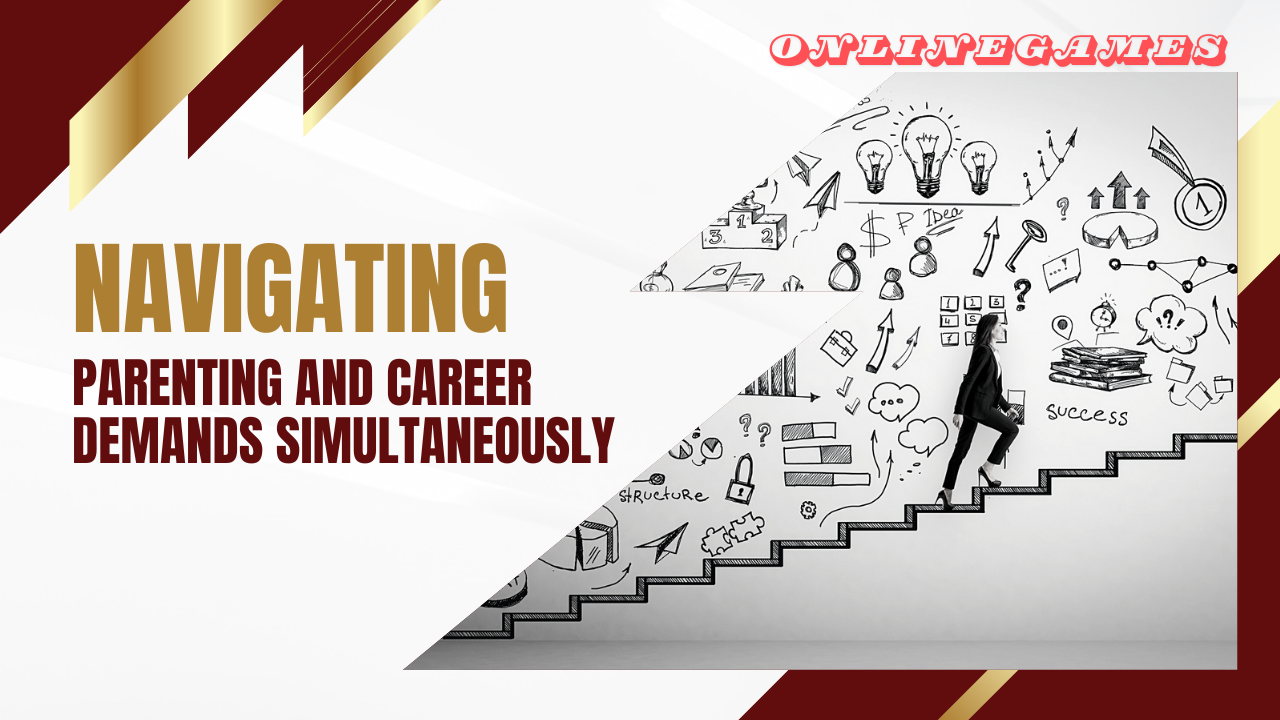Toxic relationships can have a profound impact on one’s mental and emotional well-being. Identifying such relationships and setting boundaries are crucial steps in safeguarding one’s health and achieving a fulfilling life. In this comprehensive guide, we delve into the characteristics of toxic relationships, the signs to watch for, and how to establish and maintain healthy boundaries.
Understanding Toxic Relationships: Key Indicators
A toxic relationship is one where behaviours, attitudes, and actions consistently undermine your self-esteem, happiness, and mental health. These relationships can occur in any context, including romantic partnerships, friendships, family connections, or work relationships. Here are some common characteristics of toxic relationships:
1. Persistent Negativity and Criticism
Toxic individuals often exhibit a constant stream of negative comments and criticisms. This can erode your self-confidence and make you feel inadequate or unworthy.
- Excessive Criticism: Continuous criticism that targets your personality, appearance, or actions.
- Neglect of Positive Aspects: Focusing on faults and failures while ignoring achievements and strengths.
2. Manipulation and Control
In toxic relationships, there is often a power imbalance where one person attempts to control or manipulate the other. This control can manifest in various ways, from overt domination to subtle, psychological manipulation.
- Gaslighting: Making you doubt your perceptions or sanity.
- Isolation: Keeping you away from friends, family, or support networks to increase dependency.
- Emotional Blackmail: Using fear, guilt, or obligation to manipulate your behaviour.
3. Lack of Respect for Boundaries
A hallmark of toxic relationships is the consistent disregard for personal boundaries. This can include physical, emotional, and psychological boundaries.
- Overstepping Physical Boundaries: Disregarding personal space or physical autonomy.
- Ignoring Emotional Boundaries: Invalidating your feelings or pressuring you to share more than you’re comfortable with.
- Disrespecting Time Boundaries: Demanding excessive amounts of your time and energy.
4. Unpredictable and Volatile Behavior
Toxic individuals may exhibit erratic behaviour that keeps them on edge. This unpredictability can create a sense of instability and fear in the relationship.
- Mood Swings: Sudden and extreme changes in mood.
- Explosive Reactions: Overreacting to minor issues or conflicts.
- Inconsistency: Providing support and affection one moment and withdrawing it the next.
5. Emotional and Psychological Abuse
Emotional and psychological abuse in toxic relationships can be as damaging as physical abuse, leaving deep scars that affect your self-worth and mental health.
- Verbal Abuse: Insults, threats, and derogatory comments aimed at diminishing your self-esteem.
- Emotional Manipulation: Using guilt, fear, or shame to control your actions and decisions.
Identifying Toxic Relationships: Red Flags
Recognizing the signs of a toxic relationship is the first step toward making positive changes. Here are some key red flags to be aware of:
1. Feeling Drained and Unhappy
If you consistently feel exhausted, anxious, or unhappy after interactions with someone, it may indicate a toxic dynamic. Healthy relationships should energize and uplift you, not drain you emotionally.
2. Lack of Trust and Constant Anxiety
In toxic relationships, there is often a lack of trust, leading to feelings of constant anxiety and insecurity. This can manifest as:
- Jealousy and Possessiveness: Unjustified suspicions and controlling behaviour.
- Fear of Conflict: Avoiding issues due to fear of the other person’s reaction.
3. Frequent Arguments and Blame
Frequent, unresolved conflicts and a tendency to blame you for every problem are clear indicators of a toxic relationship. In healthy relationships, conflicts are resolved through open and respectful communication.
4. Loss of Self-Identity
Toxic relationships often cause individuals to lose touch with their own identities and priorities. If you find yourself constantly conforming to someone else’s expectations at the expense of your own needs and desires, it’s a significant red flag.
5. Feeling Obligated to Stay
If you feel obligated to stay in a relationship out of fear, guilt, or a sense of duty, rather than genuine love and connection, it may be time to reassess the relationship’s health.
Setting Boundaries: Protecting Your Well-Being
Setting boundaries is essential for maintaining healthy relationships and protecting your mental and emotional well-being. Boundaries define what you are comfortable with and how you expect others to treat you. Here’s how to set and maintain effective boundaries:
1. Identify Your Needs and Limits
Understand what you need in relationships to feel safe, respected, and valued. Identify your physical, emotional, and time boundaries.
- Physical Boundaries: What level of physical interaction are you comfortable with?
- Emotional Boundaries: What topics or emotional investments are you willing to engage in?
- Time Boundaries: How much time are you willing to devote to certain relationships or activities?
2. Communicate Clearly and Assertively
Express your boundaries to others clearly and assertively. Use “I” statements to take ownership of your needs and feelings.
- Example: “I need time alone after work to relax and decompress.”
3. Enforce Boundaries Consistently
Once you have communicated your boundaries, it is crucial to enforce them consistently. If someone oversteps a boundary, remind them firmly and follow through with consequences if necessary.
- Example: “If you continue to call me late at night despite my request not to, I will need to limit our interactions.”
4. Be Prepared for Resistance
People who benefit from crossing your boundaries may resist or react negatively when you start to enforce them. Stay firm and remember that setting boundaries is essential for your well-being.
5. Seek Support and Guidance
If you struggle with setting boundaries or dealing with a toxic relationship, seek support from trusted friends, family, or professionals. Therapy or counselling can provide valuable tools and strategies.
6. Prioritize Self-Care
Engage in activities that promote your physical, emotional, and mental health. Self-care helps you maintain a sense of balance and resilience.
- Examples: Regular exercise, hobbies, meditation, and spending time with supportive people.
Empowering Yourself Through Healthy Boundaries
Recognizing toxic relationships and setting boundaries are empowering acts that promote personal well-being and relationship health. By identifying toxic behaviours and establishing clear, firm boundaries, you can protect yourself and cultivate relationships that are supportive, respectful, and fulfilling.






